Home Case Studies Maísa forest conservation project in Brazil
Maísa forest conservation project in Brazil

Home Case Studies Maísa forest conservation project in Brazil

The Maísa project is located in the municipality of Mojú, state of Pará, north of Brazil, the so-called ‘Arc of Deforestation’ in the Amazon. This region has suffered from illegal logging of indigenous forests for lumber and charcoal, intensive livestock farming and deforestation to acquire land (ownership). The Maísa project’s mission is to halt local deforestation and protect the rich, bio-diverse rich lands.
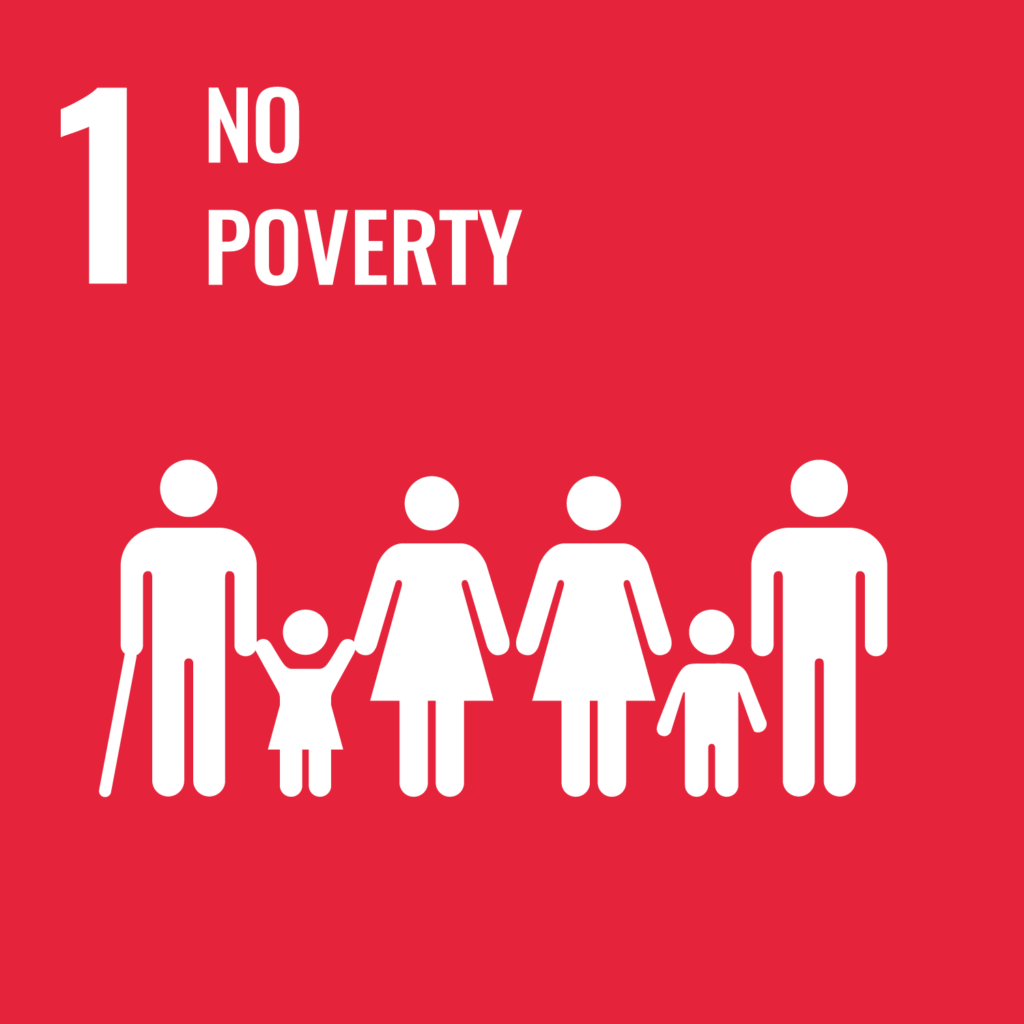
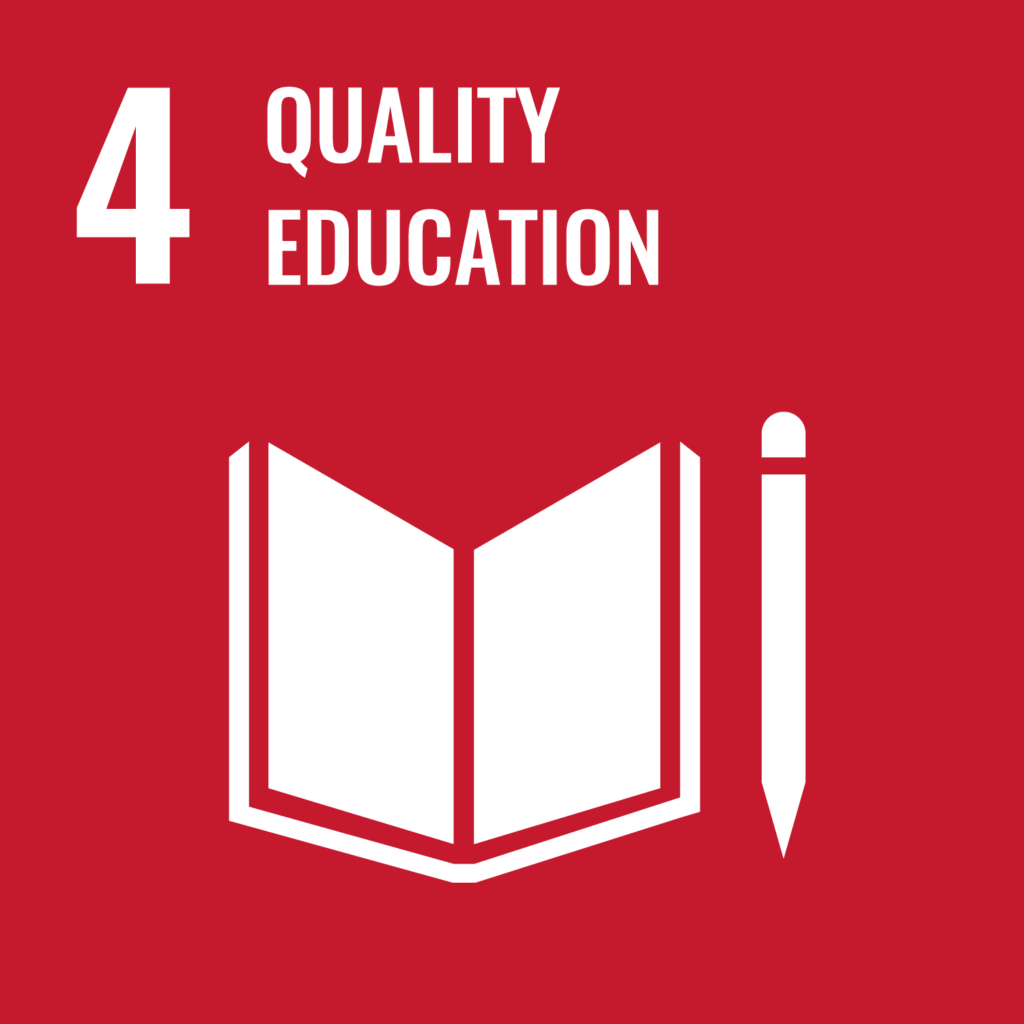
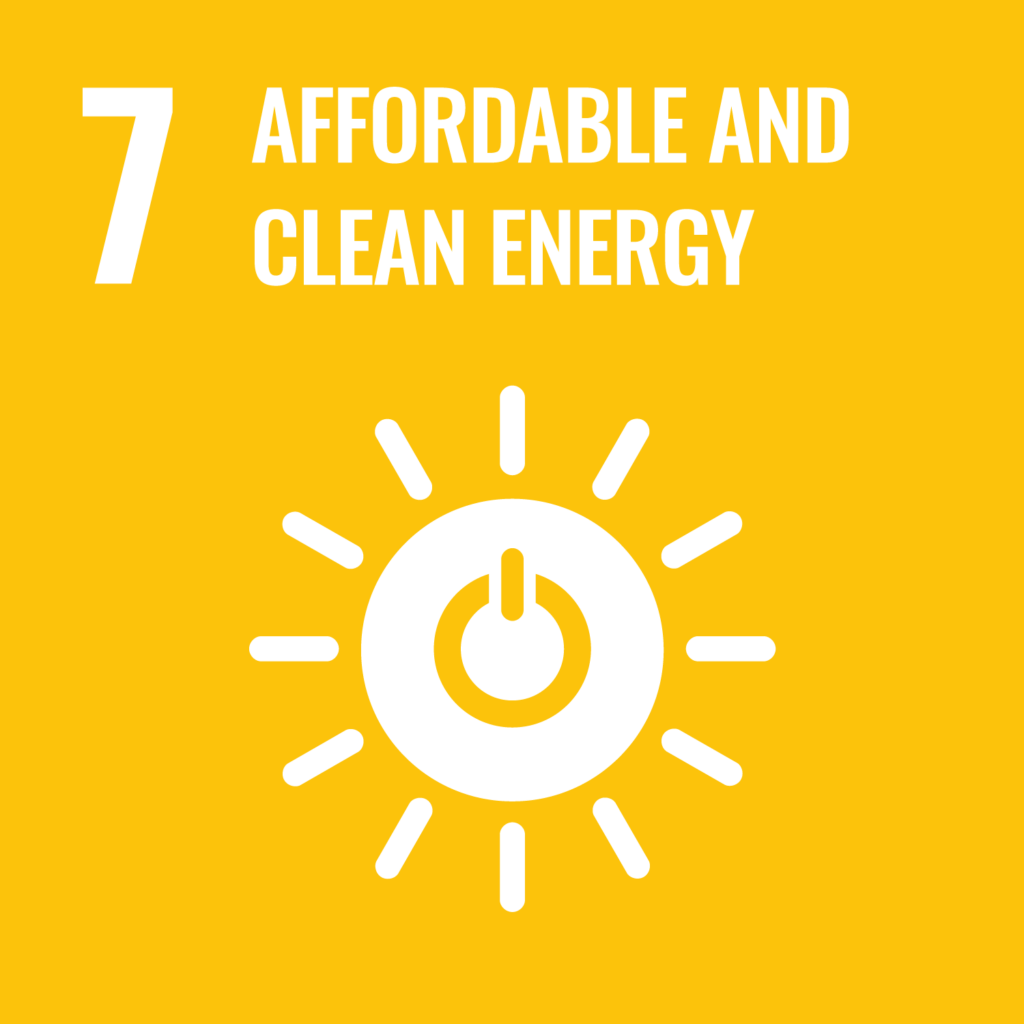
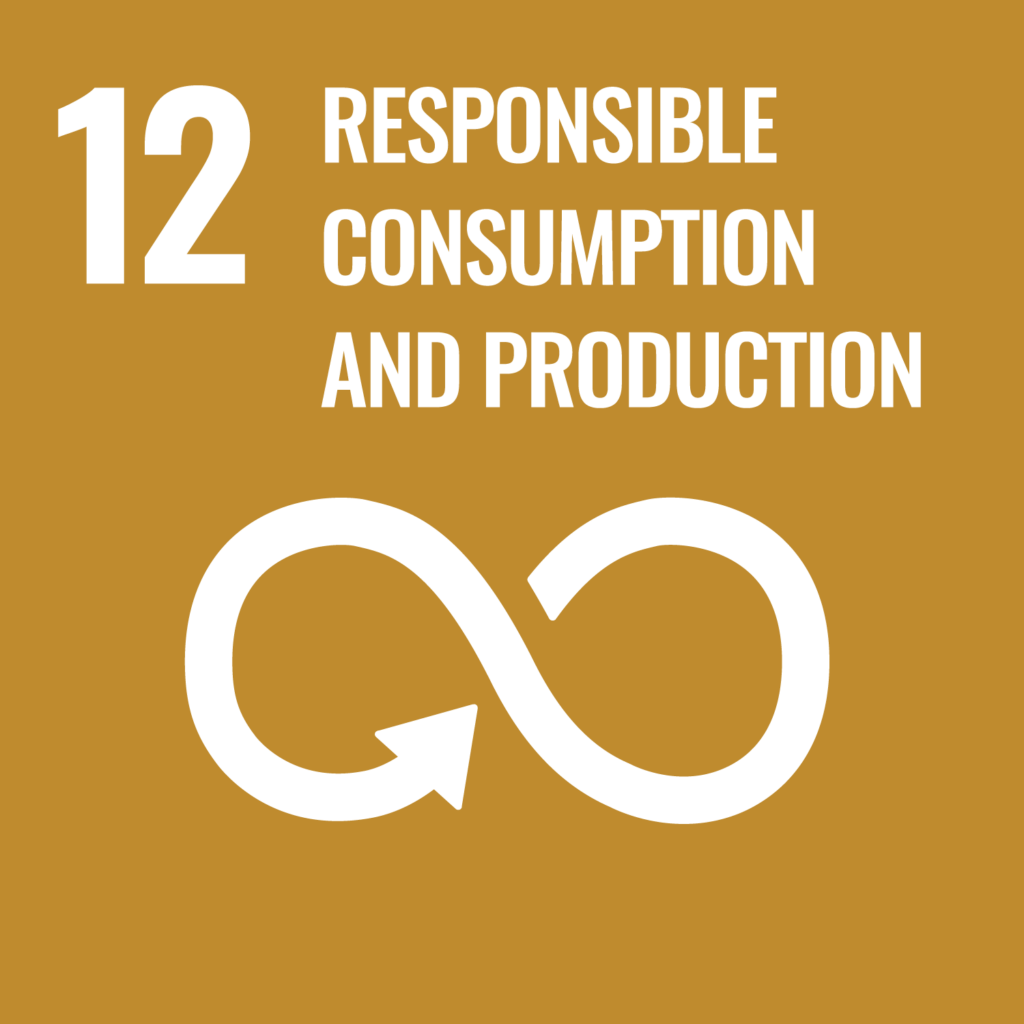
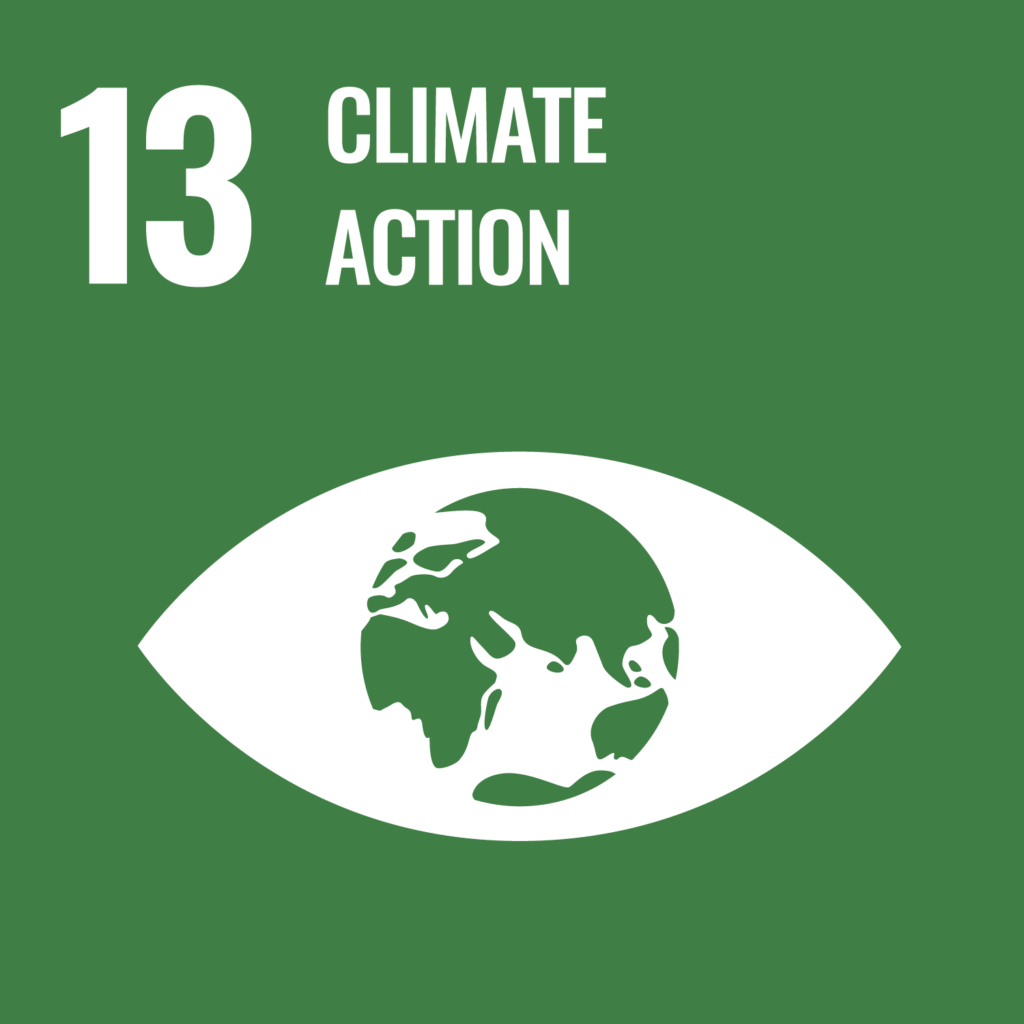
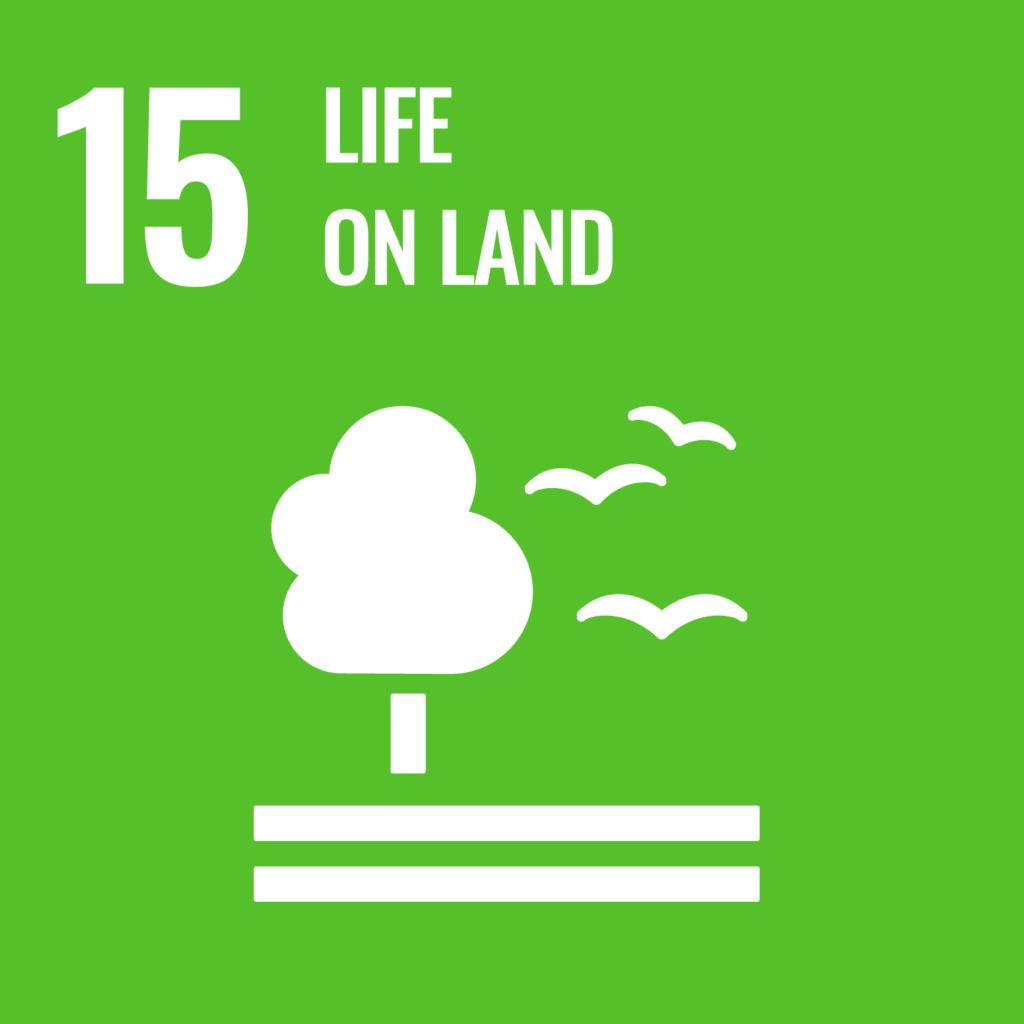




Since the 1970s, the region has been plagued by conflicts between farmers, illegal loggers and land grabbers. This was due to a lack of government policy and weak enforcement of deforestation and land regulation laws. The easy access via the highway did the rest. When real estate speculation also set in, deforestation in the Maísa area reached its peak. The project focuses on climate, community and biodiversity. Unplanned deforestation is reduced by protecting the project area and sustainable forest management. The social component focuses on understanding the drivers of deforestation by residents and turning them around by promoting low-emission, income-generating activities. This is mainly small-scale farming.
By involving the local community in the project, the project managed to get this off the ground. Regarding biodiversity, the positive effects of sustainable forest management and habitat protection are monitored. It can be concluded that the project has exceptional climate, community and biodiversity benefits. At least 128 endangered tree species and 29 endangered animal species are protected from extinction within the project area. Small-scale farming has been introduced and local communities are actively involved in the decision-making processes regarding the Maísa project area.
Anthesis, through Climate Neutral Group, works with the project by supporting and investing in this unique project through the purchase of carbon credits. This initiative is VCS certified and follows the REDD+ approach. The VCS certification guarantees that the realized CO2 reduction is monitored and controlled via an audit. In addition, Climate Neutral Group is a member of The International Carbon Reduction and Offset Alliance (ICROA). This ensures reliable climate compensation. The socioeconomic benefits and biodiversity conservation meet the Community and Biodiversity Standard (CCBA).